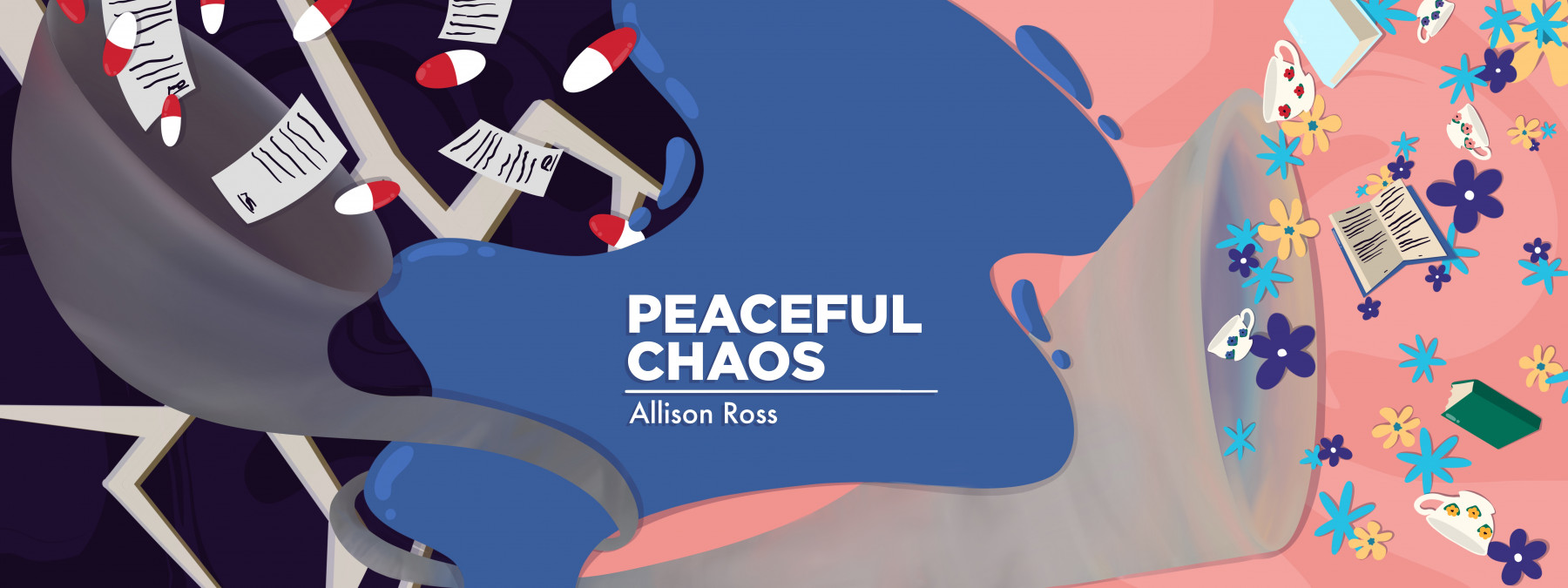Celebrating Rare Disease Day in the Hope of Becoming Less Rare
Written by |

There’s an intriguing dichotomy in the vasculitis community, and I believe it’s one to be thankful for.
My journey with granulomatosis with polyangiitis began in relative isolation. I was unfamiliar with the medical terms and treatments, and overwhelmed by the new normal that stood in front of me like an insurmountable brick wall. Worst of all, I didn’t know anyone else with my disease.
Doctors called the vasculitis “rare,” which didn’t help. The label made me sound like a statistic and feel alone.
Fast-forward nearly two decades, and I’ve achieved remission and can effectively manage my disorder. I’m no longer isolated, thanks to the thriving, empathetic community connected to the Vasculitis Foundation.
It feels like vasculitis is becoming less rare.
I’m fortunate and grateful for the progress that’s been made. Autoimmune awareness has expanded, not just in our own community, but in public health. Vasculitis-focused care centers are springing up all over the nation. Were I to fall ill today, I don’t believe it would take five months for me to be diagnosed, like it did in 2005.
Other illnesses have received public attention. Celebrity actor Michael J. Fox raises awareness of Parkinson’s disease. Amyotrophic lateral sclerosis practically became a household term when the Ice Bucket Challenge went viral in 2014. Cancer is one of the most well-known diseases, with dozens of organizations and thousands of events raising research funds every year.
Autoimmune disorders don’t usually get the same level of public recognition, financial support, or healthcare competency. Many patients are considered fortunate if their physician is able to name vasculitis as a potential cause of their symptoms.
Resources aren’t as plentiful for us, even though vasculitis can be serious and expensive. But we do have a special day when we can champion our cause!
Rare Disease Day is aptly celebrated on the rarest calendar date, Feb. 29. (When it’s not a leap year, the awareness day is bumped to the 28th.)
EURORDIS (Rare Diseases Europe) sponsored the first Rare Disease Day in 2008 to give a voice to the millions of patients across the world who have rare conditions. Patients, healthcare providers, and supporters can participate in various exciting events held each year.
What makes a disease rare? According to the Orphan Drug Act of 1983, a rare disease affects fewer than 200,000 people in the U.S. Unfortunately, this can have the effect of marginalizing patients, making some of us feel like freaks. It’s difficult to advocate when we’re constantly told that we’re unusual, high-maintenance, or an exception to the rule.
I’m thankful for current vasculitis research and resources, but I’m often curious: Is the condition diagnosed more often now because more cases are cropping up? Or are doctors simply more aware of it and able to diagnose the condition more quickly? A person could have been experiencing symptoms for decades but didn’t have the resources to get diagnosed until recently.
Although I have a disease that not many others do, it feels less rare as time goes on. In conversations about it, I tend to use the word “uncommon” instead. I refuse to let being rare make me feel helpless. I’m confident in my ability to find the lifestyle support I need.
Someday, maybe vasculitis will cease to be rare at all. Whether patient numbers grow or more people are simply able to find answers, we’ll be in good company. As a community, we can better learn how to deal with our condition.
Until then, those of us with vasculitis press forward with our special day. We band together and self-advocate, even when our health profiles look different than others. And we celebrate life as part of a not-so-rare contingent of people who are as resilient as us.
Note: ANCA Vasculitis News is strictly a news and information website about the disease. It does not provide medical advice, diagnosis, or treatment. This content is not intended to be a substitute for professional medical advice, diagnosis, or treatment. Always seek the advice of your physician or other qualified health provider with any questions you may have regarding a medical condition. Never disregard professional medical advice or delay in seeking it because of something you have read on this website. The opinions expressed in this column are not those of ANCA Vasculitis News or its parent company, Bionews, and are intended to spark discussion about issues pertaining to ANCA vasculitis.







Leave a comment
Fill in the required fields to post. Your email address will not be published.